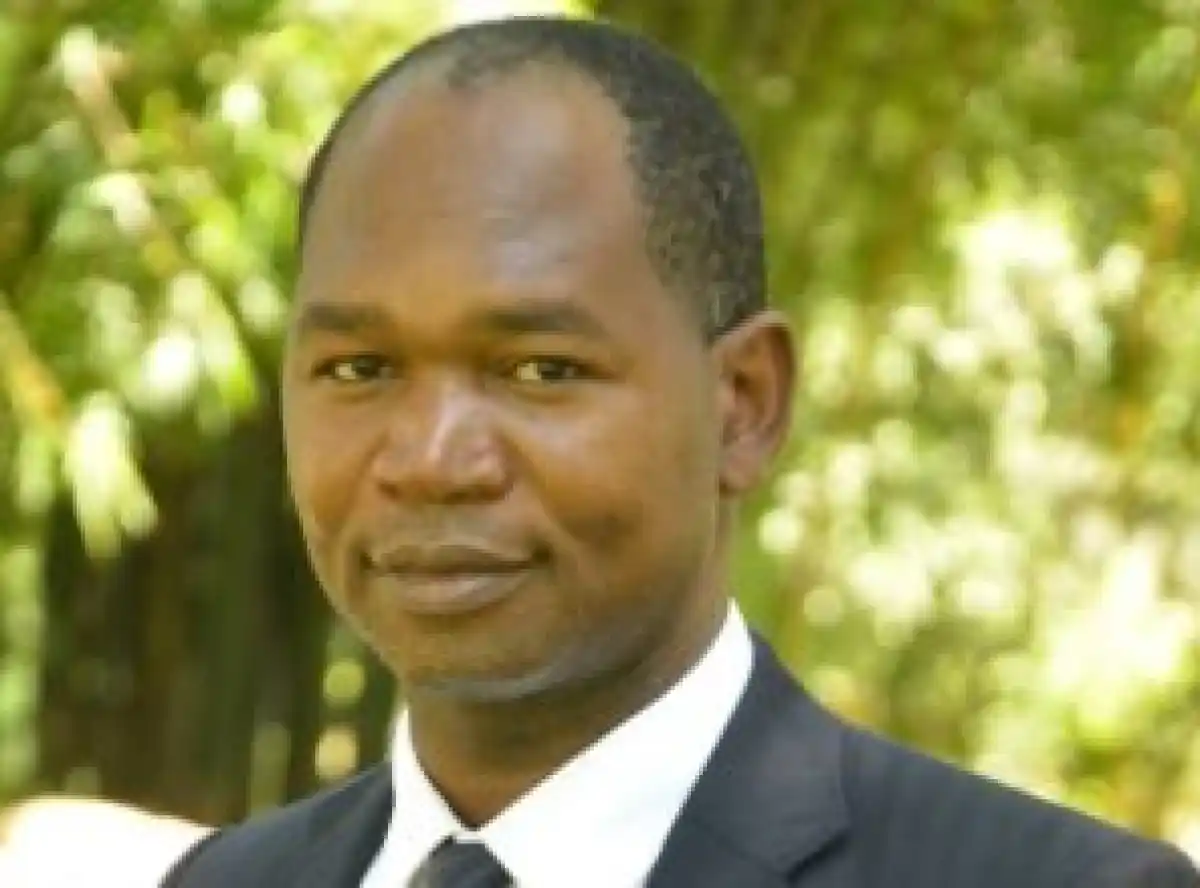
The return of democracy in 1993 gave rise to the teaching of political science at the University of Malawi (Unima). This marked a break from the one-party tyranny where the discipline was synonymous with political dissent, which earned perceived enemies of the State a ticket to detention without trial, expulsion and even death. In this interview, our Staff Writer JAMES CHAVULA catches up with Associate Professor Michael Chasukwa, the head of Unima’s Department of Politics and Government, to unpack its contribution to democratisation. Excerpts:

How old is the discipline of political science in Unima’s history?
The teaching of political science is nearly as old as our democracy. Before Malawians elected democracy in the referendum of 1993, it was almost non-existent in our university. During the one-party system, it was viewed by powers that be as unpalatable, a training ground for confusionists and dissidents. As such, it was not a standalone discipline, but learners were just learning bits and pieces in different courses.
Every two years, the university jointly convenes a meeting with the Political Science Association. How important is this gathering to your university and Malawi’s democracy?
The gathering is important to the university and the entire community of political science. As a university, we are always generating knowledge and it is important that we take the new insights to the people. During the biennial conference, we hold discussions on a number of issues, including governance, elections, public policy and other issues happening in our society. The conference brings together different players from the academy and the practice, including development partners, public sector and civil society organisations to discuss how we can improve the county’s governance systems.
It is 30 years since Malawians rejected founding president Hastings Kamuzu Banda’s dictatorship which spanned 31 years. Is there anything to smile about the lamp of democracy?
Yes. We are coming from the one-party era. Since we made the transition to the democratic era, there are several milestones that Malawi has achieved. We have improved to a larger extent in terms of human rights. We have also re-organised a number of institutions to improve public service delivery. We also have several institutions to provide checks and balances to both government and the private sector. This is something that we can celebrate when it comes to consolidating our democracy.
Can we sit on our laurels and say we have done enough to consolidate our democracy?
Consolidation of democracy is a project. We might not be there yet, but at least we are progressing. As keynote speakers said during the PSA conference, there have been ups and downs on the way. For example, civil society has won several battles to entrench democracy, but some have agreed to be co-opted by the very system they were supposed to keep in check. Different players have made great contributions, but there is always room for improvement
How is Unima’s school of politics and government contributing to the democratisation process?
At Unima’s Department of Politics and Government, we have developed some courses for bachelor’s and master’s degrees in political science. We have trained several people who are working in different sectors. Some are working in public service, others in civil society and yet others in research and industry. However, all these graduates have made their contribution to the world of governance and development processes in this country. As such, we are proud that the department continues to contribute to the nation by training minds that understand governance processes from the angles of political science, public administration and development.
Since the one-party system, there appears to be a perception that political scientists are confusionists, dissidents and sweet talkers who do little or nothing to improve the situation they love to criticise. What are you doing to help heal our democracy, which remains blighted by corruption, nepotism and impunity?
That happens to be a common misconception that political scientists are troublemakers, but they have got a role to play in society. Political science is a broad field. Some people do research, so we are going to have well-researched and evidence-based policies. We also need to generate data. Political scientists with an interest in political science are generating data that they can use to advise how processes are supposed to be implemented and how public policies can be effective. Maybe because it is a new and evolving discipline, we need to give it some time for people to embrace the fact that political scientists and political science as a subject have a critical role to play in our governance processes.







0 Comments